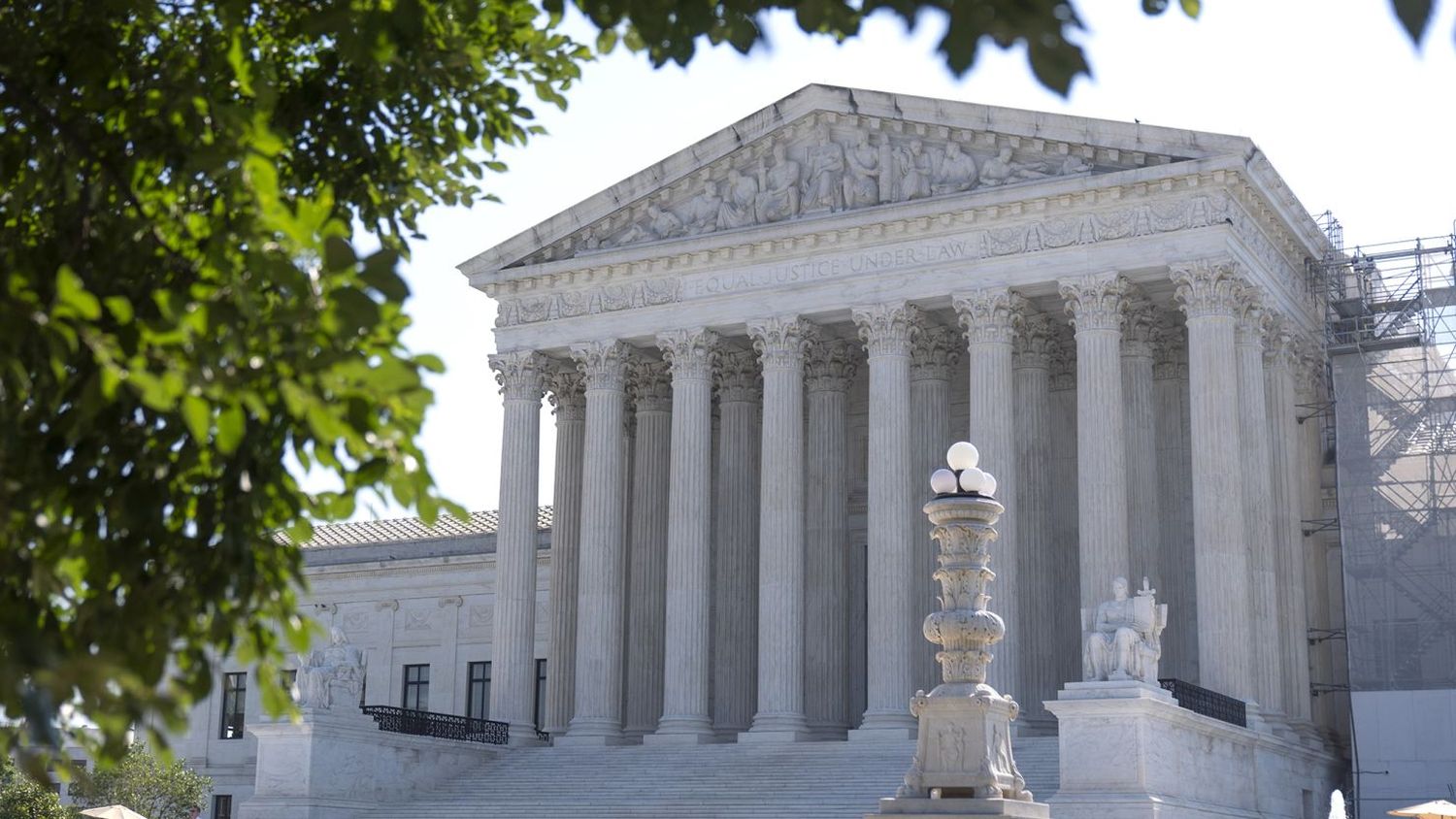Second Amendment Ruling
Supreme Court Upholds Law Barring Domestic Abusers from Owning Guns
The ruling marks a significant moment in the ongoing national debate over gun rights and public safety.
WASHINGTON, June 21, 2024 — In a landmark decision, the Supreme Court on Friday upheld a federal law that prohibits individuals subject to domestic-violence restraining orders from possessing firearms. The ruling, which came in an 8-1 decision, marks a significant moment in the ongoing national debate over gun rights and public safety.
Chief Justice John Roberts, writing for the majority, emphasized that the decision aligns with the historical tradition of firearm regulation in the United States. "Since the founding, our Nation’s firearm laws have included provisions preventing individuals who threaten physical harm to others from misusing firearms," Roberts wrote. The ruling underscores that individuals who pose a credible threat to the physical safety of others can be temporarily disarmed consistent with the Second Amendment.
The case, United States v. Rahimi, centered on Zackey Rahimi, a Texas man who was involved in multiple violent incidents, including domestic violence. Rahimi had been placed under a restraining order after an altercation in which he dragged his girlfriend to his car and fired a gun at a bystander. Despite the restraining order, Rahimi continued to engage in violent behavior, leading to his indictment for possessing firearms in violation of the federal law.
The New Orleans-based 5th U.S. Circuit Court of Appeals had previously thrown out Rahimi's conviction, citing the Supreme Court's 2022 decision in New York State Rifle & Pistol Association v. Bruen. That decision required that gun regulations be consistent with the nation's historical tradition of firearm regulation. The appeals court ruled that the law barring domestic abusers from owning guns did not meet this standard.
However, the Supreme Court's ruling on Friday reversed the appeals court's decision. The majority opinion, supported by both conservative and liberal justices, highlighted that the historical context of firearm regulation includes measures to prevent dangerous individuals from accessing guns. Justice Ketanji Brown Jackson, while concurring with the majority, noted the complexities of interpreting historical perspectives on the Second Amendment.
Justice Clarence Thomas, the lone dissenter, argued that there was no historical precedent for banning individuals accused of domestic violence from owning guns. He contended that the majority's approach of "mixing and matching historical laws" provided a "regulatory blank check" to disarm citizens without sufficient historical justification.
The ruling has significant implications for other federal and state gun regulations that have faced legal challenges since the Bruen decision. It also provides clarity for lower courts that have struggled with the new history-based test for evaluating gun restrictions.
Advocates for domestic violence victims and gun control groups hailed the decision as a victory for public safety. "Thousands of women and other victims of domestic violence can breathe a sigh of relief today as the Court correctly ruled that their abusers cannot own firearms," said Ashley Lantz, executive director of Brady PAC. Data from the Centers for Disease Control and Prevention indicates that firearms are the most common weapon used in homicides involving intimate partners, with guns used in 57% of such killings in 2020.
Attorney General Merrick Garland praised the ruling, stating that the Justice Department would continue to enforce the statute, which has been in place for nearly 30 years. "This commonsense prohibition is entirely consistent with the Court’s precedent and the text and history of the Second Amendment," Garland said.
The decision also has potential ramifications for high-profile cases, including that of Hunter Biden, who was convicted of lying on a form to buy a firearm while addicted to drugs. His lawyers have signaled plans to appeal based on Second Amendment grounds.
The Supreme Court's ruling reaffirms the balance between individual gun rights and public safety, particularly in cases involving domestic violence. As the nation continues to grapple with gun violence and mass shootings, the decision underscores the Court's willingness to uphold certain longstanding gun regulations despite its recent expansion of Second Amendment rights.

